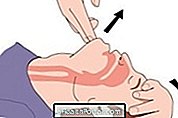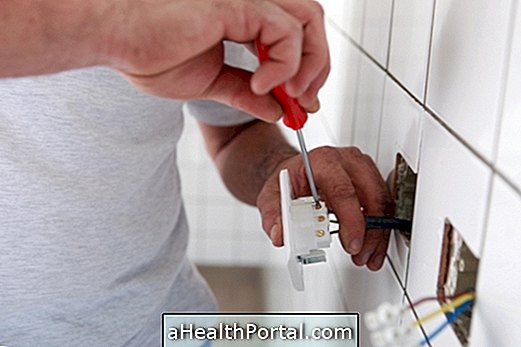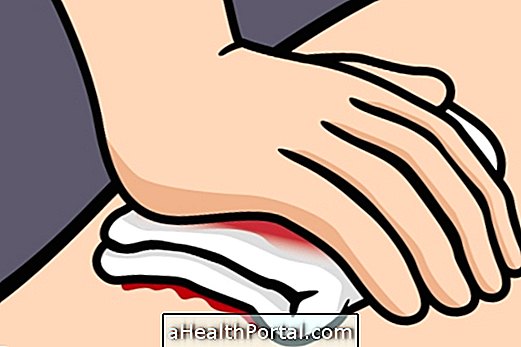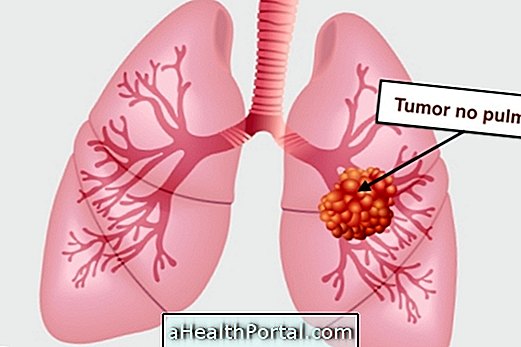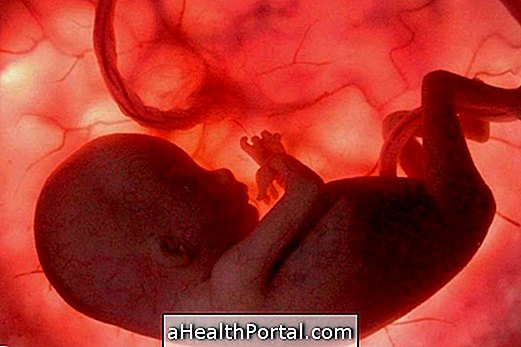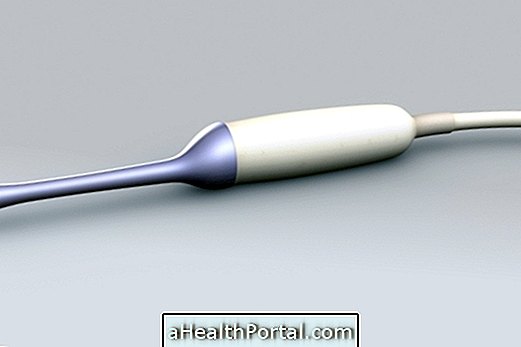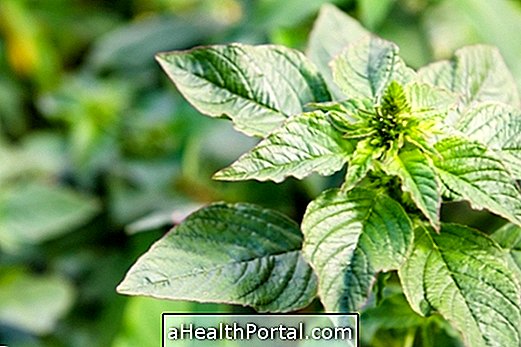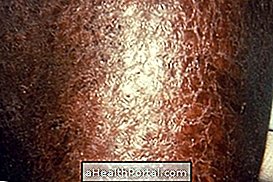During an asthma attack there are worrisome symptoms, such as purple lips, wheezing in the chest and intense difficulty breathing. That way, the person who is suffering from the crisis can become very worried, aggravating the symptoms.
Thus, to make the first aid adequate in these cases it is recommended that:
- Calm the person and help them sit in a comfortable position;
- Ask the person to lean slightly forward, placing their elbows resting on the back of a chair, if possible, to facilitate breathing;
- Make sure the person has some asthma medicine, or pumpkin, and give the medicine;
- Call an ambulance quickly, calling 192, if the person stops breathing or does not have a bombilla nearby.
In case the person faints and is not breathing, he should start cardiac massage to keep the heart functioning and help save the life. Here's how to properly do cardiac massage.
In cases where there is no asthma bomb nearby, it is advisable to stand in the same position until medical help arrives, so that the body does not quickly expend the little oxygen that is entering the lungs.
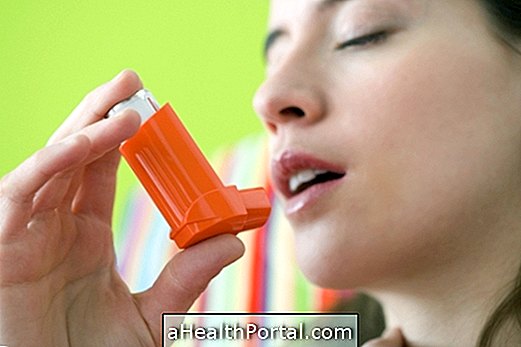
How to Avoid an Asthma Crisis
To avoid asthma attacks it is important to identify which factors worsen the symptoms and then try to avoid them during the day-to-day. Some of the most common factors include pollution, allergies, cold air, dust, smells or strong smoke. See other key tricks to avoid crises.
In addition, colds, flu or sinusitis, for example, can also cause more intense asthma symptoms, making it easier for seizures.
Thus, it is essential to maintain the treatment indicated by the doctor even when the symptoms have not appeared for a long time, since they help prevent the onset of new seizures. A good tip is to always keep an extra "bombinha" around, even if it is no longer needed, so that it can be used in times of crisis or emergency.
Also see how eating can help reduce the intensity of asthma attacks:



